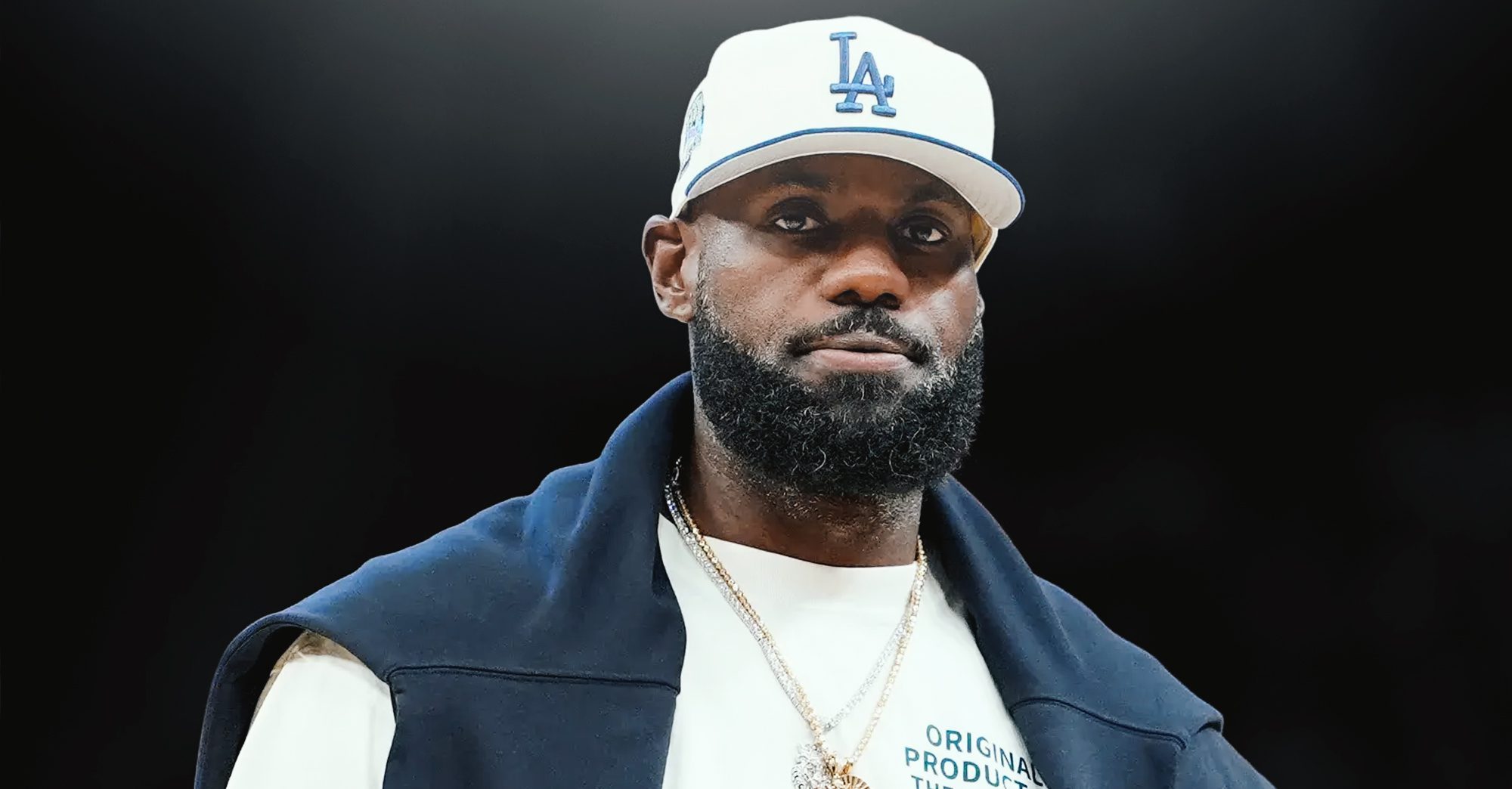[ad_1]
NCAA rules barring the use of NIL compensation in recruiting received a blow in federal court on Friday when a U.S. district judge granted a temporary injunction in a lawsuit stemming from NCAA violations investigation Tennessee. The injunction stops the NCAA from enforcing any rules relating to third-party negotiation on NIL compensation until a final decision is reached in the case.
Attorney generals from Tennessee and Virginia sued the NCAA on Jan. 31 on antitrust grounds amid news that the University of Tennessee was under investigation for multiple alleged Level I infractions. The NCAA’s case against Tennessee in football centers around quarterback Nico Iamaleava, who signed an NIL deal that’s believed to be in the $8 million range.
“The court’s grant of a preliminary injunction against the NCAA’s illegal NIL-recruitment ban ensures the rights of student-athletes will be protected for the duration of this case, but the bigger fight continues,” said Tennessee Attorney General Jonathan Skrmetti said. “We will litigate this case to the fullest extent necessary to ensure the NCAA’s monopoly cannot continue to harm Tennessee student-athletes. The NCAA is not above the law, and the law is on our side.”
In the lawsuit, the attorneys generals alleged that the NCAA had violated antitrust laws by denying athletes their ability to earn full compensation for their name, images and likeness.
“The NCAA’s prohibition likely violates federal antitrust law and harms student-athletes,” U.S. District Judge Clifton Corker said in the decision handed down on Friday.
NCAA athletes have been permitted to earn NIL compensation since July 2021, but within certain parameters. For example, schools are not allowed to directly recruit players — high school prospects or transfer portal entrants — using NIL opportunities.
Friday’s ruling changes that for the time being and is merely the latest example of the NCAA struggles in court. A U.S. District Court judge in West Virginia issued a ruling in December against the NCAA’s transfer restrictions that led to numerous second-time transfers around the country gaining immediate eligibility in basketball.
NCAA president Charlie Baker has since indicated the organization won’t push for transfer restrictions moving forward; however, the NCAA’s stance on the lawsuit brought by Tennessee and Virginia has been a bit colder so far.
“The NCAA fully supports student-athletes profiting from their NIL rights, and the association looks forward to discussing how member schools and conferences overwhelmingly support the current rules that prohibit tampering with student-athletes and unchecked recruiting contacts,” read an NCAA statement from earlier this month. “There is ample opportunity for NCAA members to pursue rule changes through the policy-making process in which all 1,100 schools voluntarily participate.”
[ad_2]
Source link
This website aggregates and curates news articles, blog posts, and other content from a variety of external sources. While we aim to link back to the original source, this site does not own or claim ownership of any articles, posts, or other content indexed on this site. The views, opinions, and factual statements expressed in each piece of aggregated content belong solely to its respective author and publisher. We make no representations or warranties regarding the accuracy or completeness of aggregated content. Visitors are advised to verify facts and claims through the original source before reuse or redistribution.



